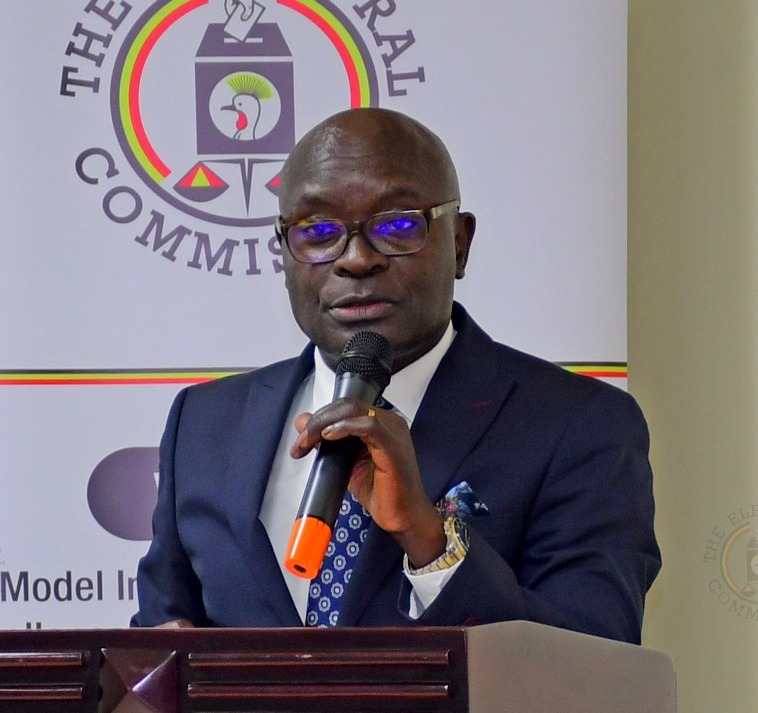SACCO boss, member arrested for failure to return Emyooga funds
Emyooga seeks to move 68% of the homesteads from subsistance to market oriented production, in order to improve househol incomes.

Police in Zombo district arrested two people for failing to pay back the money they borrowed from the presidential initiative on wealth and job creation also known as Emyooga.
The initiative which was launched in August 2019, is aimed at seeking to move 68% of the homesteads from subsistance to market oriented production, in order to improve househol incomes.
The arrest of the two followed operations by the state house Emyooga monitoring unit, which were started in West Nile, to hunt down leaders who swindled Emyooga funds.
According to the state house Emyooga monitoring Unit, Philip Baleke the chairman of Okoro constituency mechanic Emyooga SACCO and Walter Fuarwinyu, a member of the same SACCO, are the suspects arrested.
The Unit indicated that Baleke failed to pay a loan of Shs11 million while Fuarwinyu only paid half of the Shs5 million he borrowed under the initiative.
“The two men were detained on Saturday and are still at Paidha police station. Baleke, Fuarwinyu and one councillor whose names are withheld are required to pay back what they owe to the respective SACCO accounts,” said John Turinawe the head of the state house Emyooga monitoring Unit.
Facts gathered inidcated that Zombo district received Shs1.102 billion from the government under Emyooga initiative.
Prior to their arrest, the office of the resident district commissioner in the area last week organised a mandatory audit of all 36 Emyooga SACCOS in the district, after several of them declined to participate in the audit exercise.
Datat from the micro finance support centre highlights that all SACCOs must be audited under the Emyooga initiative to acquire the operational certificate.
Emyooga funds are meant to revolve through on ward lending amongst group members at affordable rates.
However, the concept of Emyooga is widely misunderstood and often resulting into a series of corruption scandals and failure of beneficiaries to pay back loans exteded to them.







